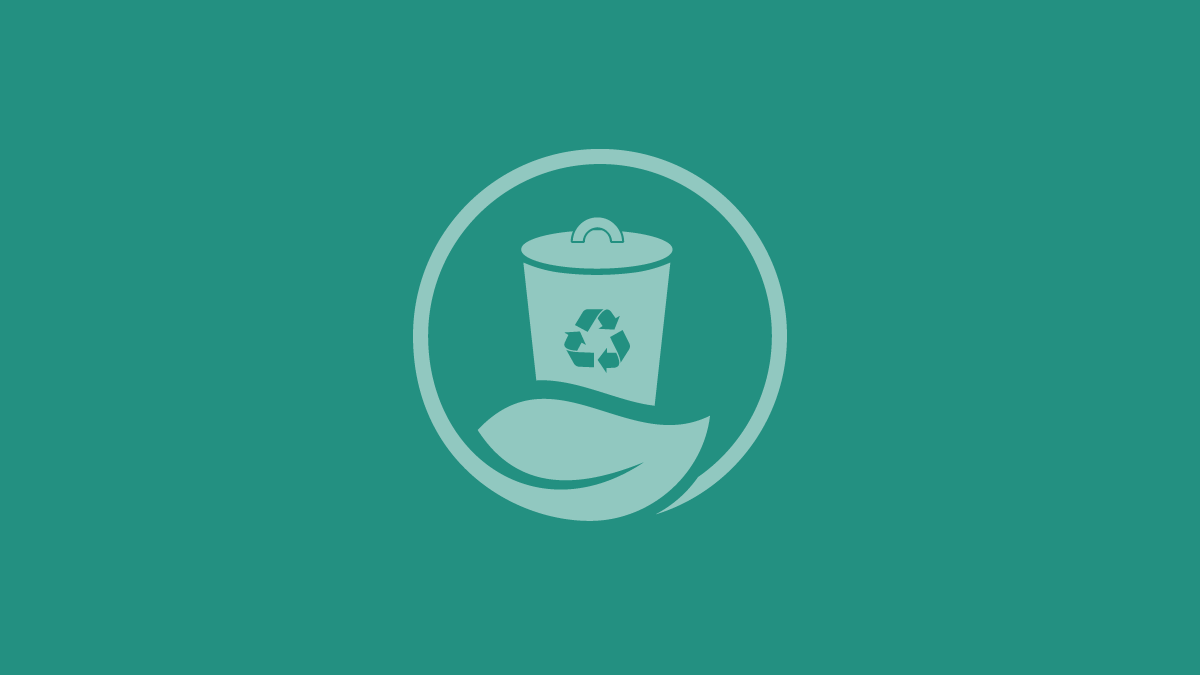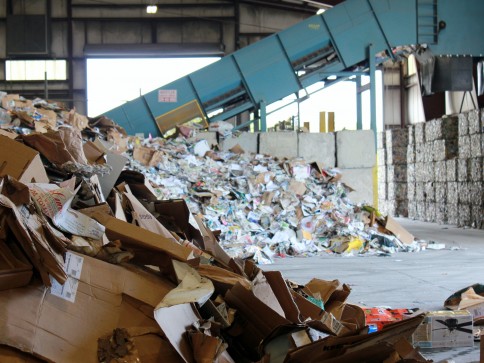UCRRA Puts Landfill Siting Process on Indefinite Hold, Shifts Focus to Waste Reduction and Diversion
Agency’s new zero waste goal will seek to minimize the need for final disposal options, including landfills
May 27th 2025
Contact: Marc Rider, Executive Director
Phone(845)309-7817
Email: mrid@ucrra.org
Kingston, NY — The Ulster County Resource Recovery Agency (UCRRA) announced today that it is indefinitely suspending further study of potential landfill sites in the county. Instead, the Agency will devote its resources to waste reduction and recovery of material from the waste stream in order to drive down the total amount of garbage that must be disposed, with a series of waste diversion goals reaching “zero waste” by 2050.
Since its creation by the State Legislature in 1986, UCRRA has attempted several times, unsuccessfully, to site a countywide landfill. In the absence of a local disposal option, the waste managed by UCRRA – 140,000 tons of it in 2024 alone – is loaded onto trucks and hauled 250 miles to the Seneca Meadows landfill at an annual cost exceeding $13 million.
Based on a landfill siting report from the Cornerstone Engineering group delivered in June of 2024, UCRRA has been focusing on two sites in Wawarsing as the most promising of five potential sites in Ulster County for a sanitary landfill to handle final disposal of waste generated in the county. The Agency released the results of the Cornerstone report promptly and has actively engaged with the public over the past 12 months to gather their concerns as part of the process of deciding how to proceed. In February, the Agency temporarily paused its work on further evaluating the Wawarsing sites.
“In consultation with the Board of Directors, I have determined that further consideration of these properties at this stage is not in the best interest of the Agency,” said Marc Rider, UCRRA’s Executive Director. The Agency will instead focus on reduction, reuse, recycling, composting and alternative technologies, with the goal of diverting 30 percent of the County’s waste by 2030, 60 percent by 2040 and 90 percent by 2050.
Rider continued, “The Agency could spend $500,000 over the next year studying potential landfill sites, which could be determined not to be feasible, or we could live up to our name as a ‘resource recovery’ agency and focus on diversion and other principles of zero waste. We need to implement practices that remove all recoverable materials out of the waste stream, and only then will the public trust that we are as committed as they are to protecting public health and the environment.”
In its 2023 Statewide Solid Waste Management Plan, New York State calls for 85% diversion from landfills and incinerators by 2050. The term “zero waste” is short-hand for efforts to divert 85-90 percent of waste from disposal in landfills or incinerators, acknowledging that even the best processes and technologies still result in “residual” material that must be disposed.
The Agency is casting a wide net in seeking ways to move toward its zero waste goal. Last month the Agency released RFP 25-01 Solid Waste Diversion and Alternatives to Landfilling and Combustible Incineration, which is due back June 27. The Agency will evaluate the proposals and work with the winning company or companies to implement practices that will divert materials out of the waste stream. Rider continued, “I am excited to see what is possible through this RFP. Based on what I’m seeing across the industry, I believe there are methods that can divert forty percent or more of the waste generated by Ulster County residents. That would be a good start to reaching our goal of zero waste by 2050.”
The Agency also continues to advance efforts to establish a local Reuse Innovation Center, first proposed by the County as part of a 2023 feasibility study. The Agency intends to build out a warehouse to serve as a central hub for collection and redistribution of reusable goods and materials. This project will serve as a catalyst for an Ulster County circular economy.
Once the Agency understands the magnitude of waste that cannot be diverted, it will shift its focus back to final disposal, including the possibility of a local landfill. When that time comes, the Agency intends to explore all options for final disposal, including revisiting the possibility of a local landfill, as well as partnering with neighboring counties to explore a regional solution.
Rider concluded on a note of caution, however. “Every day, the staff at UCRRA work incredibly hard to handle the waste generated by our community – 4 pounds per person per day, on average. So long as we continue to generate garbage, we will need to face the difficulties of disposing of that garbage, including the financial and environmental costs. There is no magic solution that makes our garbage disappear, as much as it may seem that way when the trucks roll up to your curb and whisk the bags away. While it is UCRRA’s responsibility to dispose of that waste, it is our collective responsibility to generate less of it.”
James Gordon, Chair of the UCRRA Board of Directors
“The Board of Directors released the Cornerstone Report as a first step in the process of siting a landfill. We were transparent and welcomed public input. We were heartened to see the energy build around seeking alternatives to landfilling, which mirrors the Boards commitment to zero waste. We are putting plans for a landfill on indefinite hold while we focus on ways we can work together as a county to accelerate our zero waste goal. But we can’t get there alone. We need the state and county as partners but mostly we need the people. I hope based on what folks have learned during this process, that they become participants and advocates to move us toward a zero waste system that creates compost, catalyzes reuse, and creates an array of good jobs along the way.”
Jen Metzger, Ulster County Executive
“I am very pleased to see this announcement from the Ulster County Resource Recovery Agency. At a time when we face a solid waste crisis, with the Seneca Meadows landfill reaching capacity, prioritizing waste reduction is simply common sense, and will be less costly to our communities, environment, and taxpayers in the long-run. Real progress will require a shared commitment by all of us — County and local leaders, businesses, and residents — to reduce our waste.”
Peter Criswell, Chair of the Ulster County Legislature
“The residents of Wawarsing and the surrounding community showed us the power of collective voice and civic engagement. Their thoughtful, passionate advocacy brought critical local knowledge to the forefront, and their efforts were instrumental in guiding this outcome. While the Ulster County Resource Recovery Agency holds primary responsibility for solid waste management, the Legislature remains committed to supporting a transparent, inclusive process that protects our environment, respects our communities, and ensures long-term sustainability. As difficult decisions about our county’s waste future continue, we will ensure that community voices are heard and respected every step of the way.
Kevin Robert, Minority Leader of the Ulster County Legislature
“I am happy for the residents of Wawarsing and Ulster County. I hope that when the UCRRA looks at solutions, everything is on the table, including Waste to Energy. I would like to acknowledge the residents of Wawarsing that shared their concerns, and the residents of Plattekill before them, and I would also like to acknowledge the work of Deputy Minority Leader Craig Lopez for his advocacy on behalf of his constituents. I would like to thank the UCRRA Board of Directors and Executive Director Rider for making this decision.”


